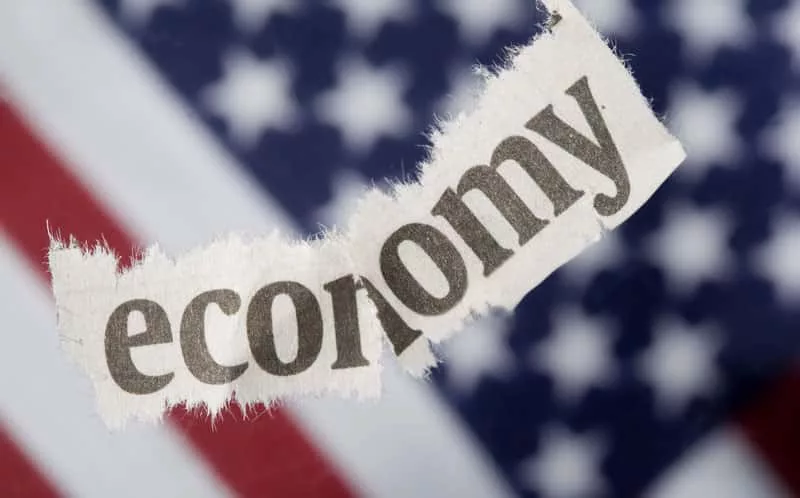
For the fourth straight month, the West Michigan economy, as viewed through the lens of new orders in the manufacturing sector, has trended downward. That’s according to the latest installment in the 30-year tracking survey of West Michigan Purchasing Mangers by Grand Valley State University Professor Brian Long.
The professor acknowledges that under normal circumstances, that might signal the beginning of a recession—but “not so fast,” says Long.
Here are excerpts from his detailed analysis and explanation:
“Although it might appear that we should be close to declaring a recession, a deeper analysis of the September data says that we are not QUITE there yet. We have three major cyclical industries in West Michigan, namely automotive, office furniture,d aerospace.
Most of this month’s softness can be attributed to our automotive parts suppliers. Mainly at the request of the Detroit Three, some local firms invested in additional capacity to support overly optimistic estimates of EV sales. The dealer lots are now filling with unsold EVs, and many major orders have been cut back or cancelled.
Furthermore, because of higher interest rates and higher vehicle prices, sales for all cars and light trucks continue to stagnate. Unfortunately, with all of the recession fears still floating around, neither the office furniture or aerospace cyclical industries can offset the decline.
As we have noted in previous reports, the West Michigan economy may now be softer than the rest of the nation. A note on the positive side is that many of the comments from our survey participants expect the economy to slow over the next few months but resume a normal course in early 2025. This is consistent with the Fed’s goal of a “soft landing.”
Looking Forward
“ What is a “soft landing?” An airplane pilot will tell you that it means that the airplane has not only settled on the runway but that the aircraft has slowed to the point that it can be easily steered without tipping over. If we continue to use this analogy for the economy like we are hearing from most of the current news reports, it now appears that we are still a few feet off the runway.
The national and world economies continue to slow, but this is consistent with the world-wide effort by all of the major central banks to curb inflation. However, from our news reports, it seems obvious that any of a number of geopolitical events could get out of hand and upset the world order. Although we have apparently dodged a major shutdown of the eastern ports, there are still some lingering issues with the regional banks that have not been resolved.
Some analysts fear that we are approaching an overinvestment in both AI and alternative energy, although neither of these bubbles are nearly as large as the recession caused by the dot.com collapse 25 years ago. Higher interest rates have resulted in credit card default rates that are beginning to climb significantly, which could soon start to restrict consumer spending. Other analysts fear that the full impact of higher interest rates has yet to be felt. At this point in the economic cycle, any one of these issues could still be a problem. Using the airplane analogy, we haven’t landed yet.
By the time of our next report, the long-awaited presidential election will be over. It is worth repeating the possibility that there will be no good outcome to the election, at least in the short term. Regardless of which party wins, roughly half of the electorate with be elated, with the other half disheartened. However, a review of the history of presidential elections tells us that we have had numerous elections that were hotly contested and polarized. Two were stormily decided by the House of Representatives, not the Electoral College. One election outcome in 1860 resulted in the Civil War. However, our constitution actually works, and people forget that Gerald Ford was not directly elected president by anyone. After January 20, it may take the proverbial first 100 days of the new administration before we have a clearer direction about the future path of the economy. Hopefully, we will then resume some kind of normality. “





